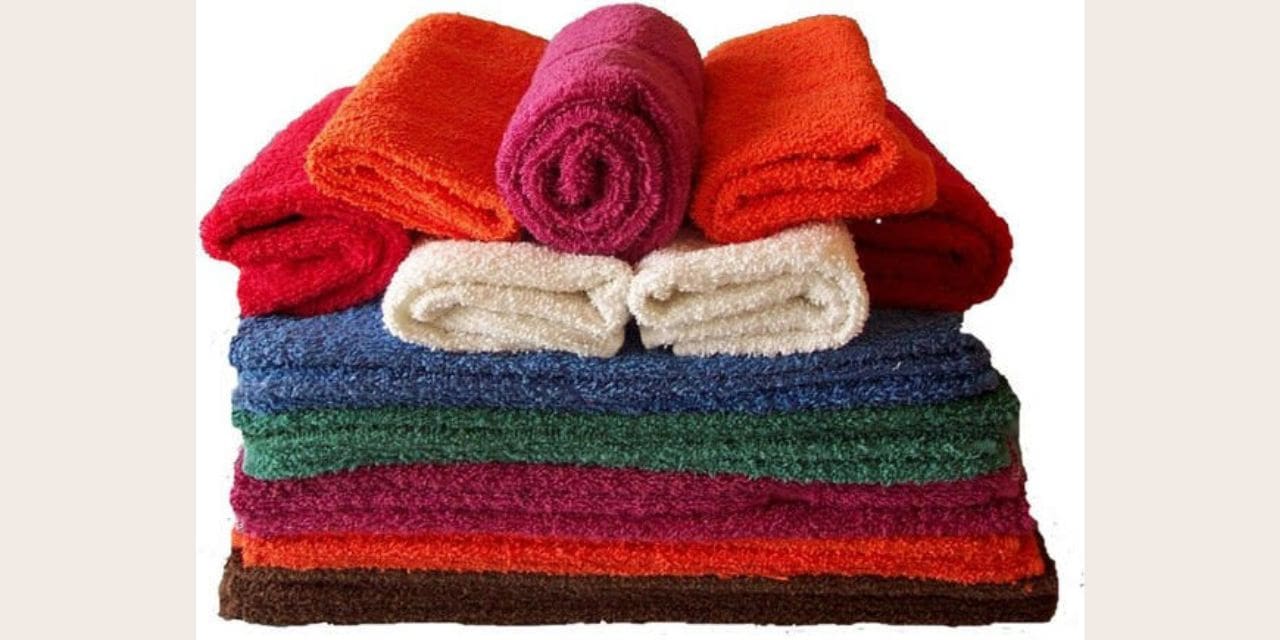In a world increasingly focused on sustainability and ethical practices, handloom products are carving a niche as a symbol of conscious consumerism. Handwoven fabrics and goods, often crafted by skilled artisans, are not just a testament to traditional craftsmanship but also a beacon of hope for a more sustainable and equitable future. According to Persistence Market Research, the global handloom products market is forecast to expand at a CAGR of 9.3% and thereby increase from a value of US$8.3 Bn in 2023, to US$15.6 Bn the end of 2030.
Here’s why handloom products are poised to lead the way in ethical consumerism.
- A Sustainable Alternative to Mass Production
One of the key drivers of ethical consumerism is the shift toward sustainability. Handloom products are inherently eco-friendly. Unlike machine-based textile production, handloom weaving uses minimal energy and produces little to no carbon footprint.
Handloom fabrics are often made with natural fibers such as cotton, silk, and wool, which decompose easily and have a lower environmental impact compared to synthetic alternatives. Moreover, many handloom enterprises embrace organic farming practices, ensuring that their raw materials are free from harmful chemicals.
- Empowering Artisans and Local Economies
Every handloom product is a reflection of the skill and dedication of artisans who have often mastered their craft over generations. Buying handloom products directly supports these artisans, empowering local communities and preserving traditional livelihoods.
This focus on fair trade ensures that artisans are compensated fairly for their work, addressing the exploitation that often plagues the global fashion and textile industries.
- Unique, Timeless, and High-Quality Products
Unlike mass-produced goods, handloom products are unique. Each piece carries subtle variations that make it one-of-a-kind, adding a personal touch to every item. These products are also known for their durability, as they are crafted with care and precision.
Consumers are increasingly drawn to items that tell a story—whether it’s a scarf woven by a rural artisan or a handloom rug made using centuries-old techniques. This uniqueness aligns with the growing trend of valuing quality over quantity.
- Cultural Preservation and Revival
Handloom weaving is an integral part of many cultures, representing traditions that date back centuries. By choosing handloom products, consumers play a vital role in preserving these rich cultural heritages.
In regions like India, Southeast Asia, and parts of Africa, handloom weaving is not just a craft but a way of life. Ethical consumerism supports the continuation of these practices, ensuring that they are passed down to future generations.
- Aligning With the Values of Conscious Consumers
Modern consumers are more informed than ever before. Ethical considerations, such as a product’s impact on the environment and its contribution to social good, are becoming deciding factors in purchasing decisions. Handloom products align perfectly with these values, offering consumers a way to make choices that reflect their beliefs.
The rise of movements like “slow fashion” and “sustainable living” has further propelled the popularity of handloom goods, as these products seamlessly align with these philosophies.
- Combatting Fast Fashion
The fast fashion industry has long been criticized for its environmental damage and unethical labor practices. Handloom products offer a stark contrast, embodying slow, mindful production processes. By choosing handloom goods, consumers reject the disposable culture of fast fashion and contribute to reducing waste and pollution.
- Innovation Meets Tradition
While rooted in tradition, the handloom sector is not resistant to change. Many artisans and brands are innovating by blending traditional techniques with modern designs, appealing to contemporary tastes. From chic apparel to minimalist home decor, handloom products are adapting to modern lifestyles without compromising their authenticity.
- Creating Awareness and Driving Change
Handloom products are more than just items of utility; they are conversation starters. Owning and advocating for handloom goods can inspire others to rethink their consumption patterns, spreading awareness about the benefits of ethical consumerism.
The Way Forward
The future of ethical consumerism lies in the hands of conscious buyers who value sustainability, cultural heritage, and social equity. Handloom products tick all these boxes, making them a natural choice for anyone seeking to make a positive impact through their purchases.
As demand grows, it is crucial to support policies and initiatives that empower artisans, promote sustainable practices, and ensure fair trade. By championing handloom products, we can not only embrace a more ethical way of living but also preserve the artistry and stories behind these beautiful creations.
Handloom products are more than just items; they are a movement—a movement toward a more sustainable, equitable, and beautiful world. Let’s weave a future where ethical consumerism is the norm, and handloom goods are at its forefront.

